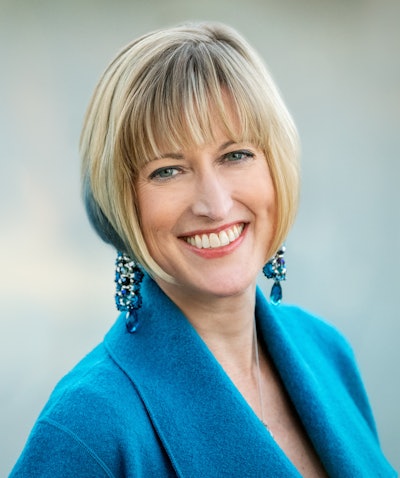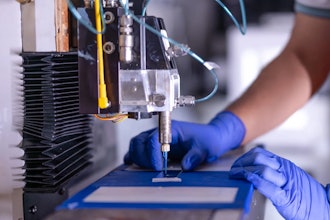
Well done! After years of study, hard work, and painful learning, you are unquestionably the expert. Your domain mastery and hands-on experience make you the go-to person for answers and advice.
Your expertise is your greatest strength. You can quickly assess a situation, evaluate options, make decisions, and pursue a course of action. In fact, in research conducted by Gary Klein and published in his book Sources of Power: How People Make Decisions, experts like you made decisions far more quickly than novices or generalists.
But only when the situation matches a situation they encountered before.
That’s why your expertise is also your greatest weakness. When the current situation doesn't match the past, and new or contradictory data become available, experts often struggle to process the latest information, integrate it into their decision-making process, and change course.
In a VUCA [volatility, uncertainty, complexity and ambiguity] world, the current situation rarely matches the past.
One of the greatest challenges experts and leaders face is knowing when to rely on past experience and when to let go and become a novice again. But with these three steps, it is possible to develop an “and, not or" mindset and reap the rewards and recognition for doing so.
Start by Defining “Innovation”
Before we go further, let’s define "innovation," a buzzword that has become almost meaningless, as something new that creates value.
"Something" could be a product, or a service, process, revenue model, business model, or many other things. "New" could be new to the world or your industry, company, function or team. Finally, "value" could be measured by dollars and cents, and it could be greater customer or employee loyalty, faster or easier-to-use products or other benefits.
Be Aware of Your Knowledge: Assumption Ratio
When tackling known problems, you know much more than you don't. You're in what Rita McGrath, a professor at Columbia Business School, calls a high knowledge – low assumption environment. Here your expertise is priceless.
When you’re innovating, doing something new that creates value, you are in a low knowledge – high assumption environment. You don’t know more than you do know, and relying on your expertise can be costly.
A low knowledge – high assumption environment is incredibly uncomfortable, especially for experts, and often triggers us to do everything we can to regain comfort, even if that means maintaining a belief despite new and contradictory information or continuing a flawed course of action in the face of changing conditions.
Awareness of your situation is an essential first step towards using your expertise when it is most helpful and setting it aside when it could be a hindrance.
Become an Expert Novice
Bring questions, not answers: When innovating, you're doing something new, which means you must learn quickly. One of the fastest ways to learn is to ask questions. This can be a hard habit to build, so my advice is to start by making the first thing you say a question, for example, what do you recommend, how confident are you, or why do you believe that to be true?
Participate, don’t evaluate: In a low knowledge-high assumption environment, you can no longer be sure of cause and effect, and traditional heuristics may no longer apply. Because you can't trust what you've always known to be true, it's time to roll up your sleeves once again and participate in data collection – return to the shop floor, leave the office and talk to customers, use a competitive offering that’s popular even if it’s not as good as yours (quality is in the eye of the user, after all). You'll learn significantly more by participating than trying to fit a new world into an old thinking pattern.
Force creativity: It's challenging to let go of hard-earned expertise that served you well over the years. So don't try to let go on your own. Lean on creativity tools like Random Stimuli (choose a random word or image, break it down into its characteristics, then brainstorm how those characteristics could be applied to solve the original problem) or SCAMPER (a brainstorming technique in which you substitute, combine, adapt, modify, put to another use, eliminate, or reverse aspects of an existing idea) to push your thinking outside of the dominant logic.
Great Leaders Are Experts and Amateurs
Changing your approach based on whether you're in a high knowledge or high assumption environment is not instinctive and can be challenging. But great leaders know they must do so, practice little behavior changes to build a habit, and ultimately reap the rewards of a successful business today and in the long term.
 Robyn M. Bolton is the founder and chief navigator of innovation consultancy MileZero.
Robyn M. Bolton is the founder and chief navigator of innovation consultancy MileZero.























